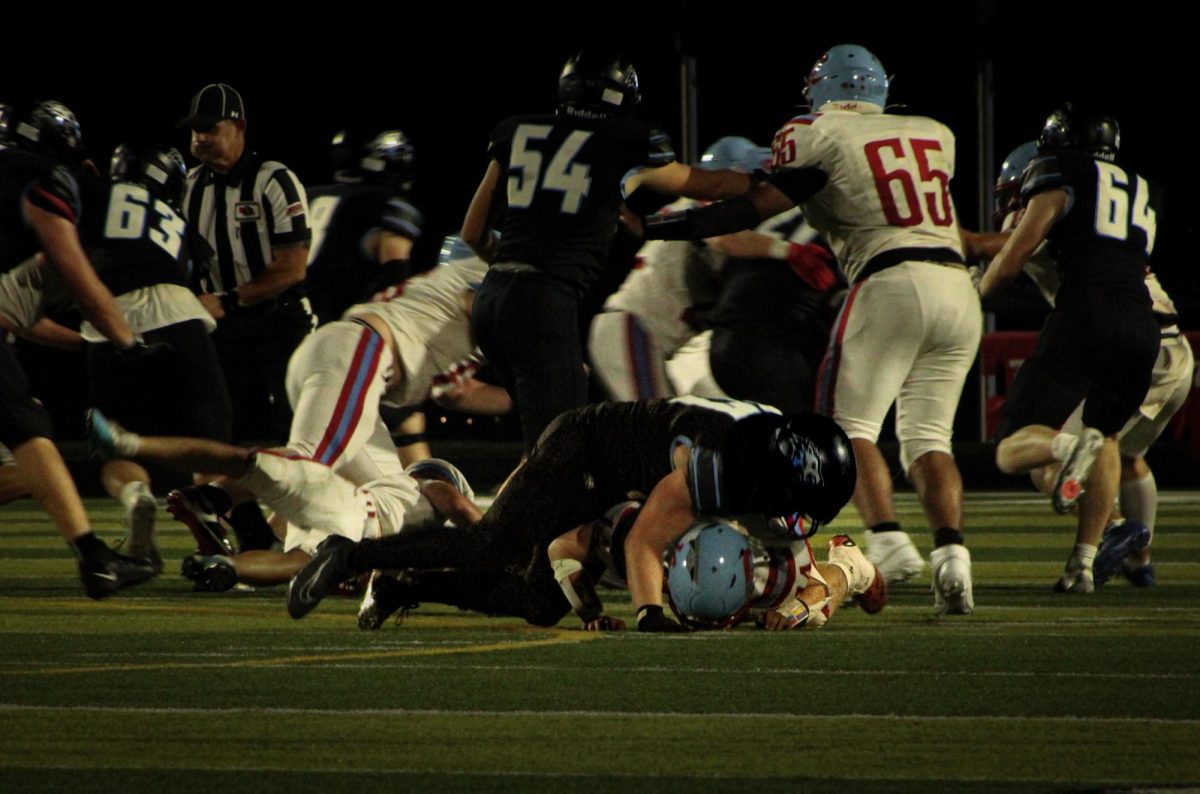In any sport, mistakes come naturally. From dropped catches in football to shanked golf drives, every athlete has an opportunity for failure. These athletes devote countless hours to perfect their craft in hopes of flawless performances.
Unfortunately, there are cases where an athlete’s mind is their greatest enemy; where all talent, practice, and effort is thrown aside. This puts an athlete back at step-one, forced to relearn the game they play. This phenomenon is often referred to as “the yips,” a sudden and inexplicable loss of the ability to perform certain skills once sharply refined.
The yips are believed to have first been termed by former pro golfer Tommy Armour in the 1950s after his sudden inability to land short-distance putts, which led him to shoot a horrid 23 on a par five in a tournament.
Many have tried to find the cause of the strange phenomenon, but no definitive answer has been identified. Dystonia is one of the conditions most often attributed. It’s a disease that interferes with the brain in the basal ganglia, slowly breaking it down. With it deteriorating, motor systems are left with reduced control, which disrupts voluntary actions and leads to the yips.
Since the term was coined, it has taken a predominant part in baseball culture. It takes the form of simple mistakes like missed ground balls, overthrown balls, and failure to make an easy throw to your target. Its spread leaves teammates to turn against one another, criticizing their teammates instead of supporting. Often, when someone catches the yips, they face a formidable challenge to fix it.
Former MLB pitcher Rick Ankiel had one of the most infamous cases of the yips. In one of the most important games of his career, Ankiel took the mound in the 2001 postseason for the St. Louis Cardinals against the Atlanta Braves. At the start of the game, he threw five consecutive wild pitches before being taken out of the game. From then on, Ankiel had to resort to drinking Vodka to perform to a fraction of his past ability, inevitably quitting baseball due to his condition.
“Before that game, I’m scared to death,” Ankiel said. “I know I have no chance. Feeling the pressure of all that, right before the game I get a bottle of vodka. I just started drinking vodka.”
Of course, this is an extreme case of the yips. Typical cases are very tame, including minor mental blocks: missed throws, uncomfortability, loss of fundementals, or overall loss of basic skills to the game.
“When I had it, I played third base, and I just couldnt throw to first base,” Junior Evan Perez said. “Every time I threw a baseball, I felt like the ball was just super heavy or that my target was moving.”
Perez couldn’t pinpoint how his yips started, attributing his case to maybe the change in field sizes, as his jump to 7th grade baseball resulted in a promotion to larger, high school-level fields.
“It’s weird because at the beginning of the year I was throwing really well, and then there’s one month randomly where I couldn’t always get it to my target,” Perez said.
While baseball has more predominant cases of the yips, softball also records familiar cases due to its similarities to baseball.
“Coming up on last season, I was kinda nervous about what my spot was going to look like at the catcher position,” Senior softball player Naomi Cameron said. “I just got super anxious. I just completely forgot how to throw it back to the pitcher.”
Fortunately, this mental block can be overcome. Armour was able to come back from his putting mistakes and win the US Open as well as the PGA Championship. Ankiel tried to return to baseball, quitting his main position of pitcher and transitioning to the outfield, where he had an All-Star season in 2008 before his retirement.
Perez attributed his comeback to his transition to second base, before he eventually returned back to third base successfully.
Cameron was also fortunate enough to get over her yips and moved to play third base to help her team.
It seems as if most athletes find success in overcoming the yips when they switch the positions they play. Possibly, a new change of scenery helps the mind reset and find comfort in the game again, which is how these athletes were able to progress. These athletes provide real-life examples of the yips and prove how overcoming it is challenging, yet possible.










